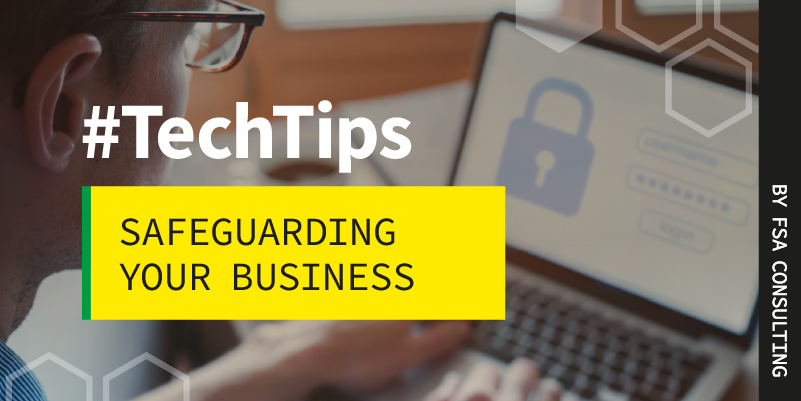Despite increasingly sophisticated cybersecurity, cyberattacks, malware, and data loss threats continue to increase. Protecting your business does not have to be overwhelming. With the right tools, policies, and training, you can build a solid defense against these dangers. Here’s what your business needs for cyberattack prevention.
Strong Firewalls and Network Security
Think of firewalls as the gatekeepers to your company’s digital world. They act as the first line of defense, monitoring traffic to block malicious content before it can enter your network. Whether your employees work in the office or remotely, your business needs perimeter firewalls (which protect your external connections), internal firewalls (which safeguard sensitive data within your network), and a secure Virtual Private Network (VPN).
Clear Policies and Employee Training
A cybersecurity system alone will not always keep your business safe; human error often contributes to attacks. Therefore, it is essential to keep cybersecurity at the forefront of all employees’ minds. This starts with effective security policies so everyone understands established protocols for protecting business data. However, policies alone aren’t enough. Regular training is essential for employees to spot phishing emails, avoid risky downloads, and follow current security practices.
Data Encryption and Backups You Can Rely On
Sensitive business data is one of your most valuable assets. Encrypting it ensures that even if cybercriminals can access it, they won’t be able to use it. Encryption is just one piece of the puzzle; regular backups are critical. We recommend setting up automated, encrypted backups of all essential data and testing them regularly to ensure they can be quickly restored when needed.
Antivirus and Anti-Malware Protection
Malware and viruses are two of the most common threats to businesses. They can enter through emails, downloads, or even legitimate-looking websites. That’s why reliable antivirus software on all devices is a must. Regular updates to these programs are crucial, ensuring protection against the latest threats. These updates, combined with firewalls and encryption, add multiple layers of defense.
Multi-Factor Authentication (MFA)
A password like “Pittsburgh*iSAwesome76” is not enough to secure your accounts. With the increase in data breaches, enabling Multi-Factor Authentication (MFA) adds an extra layer of security so that only the right people can access your data. For example, Microsoft Entra multifactor authentication requires users to verify their identity using more than just a password. It provides different options, such as a passkey, a trusted device that’s not easily duplicated, such as a phone or hardware key, or biometrics, such as a fingerprint or face scan.
Cloud Security
Even though cloud providers take steps to secure data, your business is still responsible for ensuring the solutions are properly configured and sensitive information is protected. When you implement Identity and Access Management (IAM) protocols in the cloud, you can help control who has access to what, adding an extra layer of security. Take advantage of certified consultants like FSA Consulting to help ensure your cloud infrastructure is secure and optimized for your needs.
Cyber threats will continue to evolve into 2025. Review your current security measures and identify what you need to keep your business safe.
If you’re ready to strengthen your defenses, let’s talk. We can help you put the right systems and strategies in place to stay ahead of the threats, so you can focus on growing your business with peace of mind.

